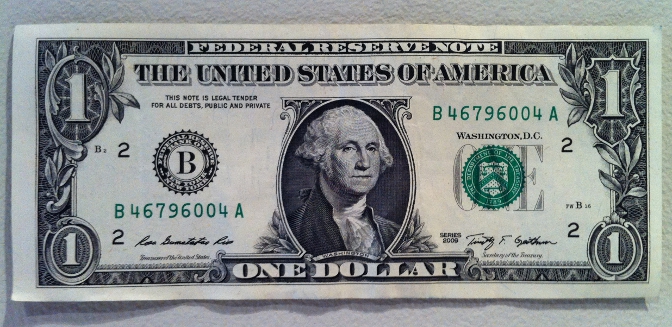Songcraft: Performance Rights Organizations Explained

In this post, I thought I’d touch on the subject of performance rights organizations (PROs), what they do and why they’re important to us as songwriters.
(I realize this topic might be a bit old hat for the seasoned songwriters among, us but stick around, fogies; there’s something for you at post’s end.)
PROs: The What and Why
Basically, PROs collect monies/royalties due songwriters and publishers earned from the “public performance” of a writer’s music. If one of your tunes is played (live or recorded) on radio, internet, used in a TV show or even performed in a live venue, as a writer you’re entitled to a royalty for that use. It’s the job of the PRO you’re personally affiliated with to discover that performance, collect the royalty on your behalf and pass it on to you, the writer, and your publisher if you have one.
Most new writers don’t have publishers so in that case, the writer is considered the publisher as well and all royalties earned are paid to the songwriter in total (Publishing is a whole other can of worms best saved for another post).
Now if you’re a songwriter starting out and your music has yet to be played on radio, TV, etc., you don’t really need to affiliate yourself with a PRO but, honestly, it couldn’t hurt. With most, sign up is free (Some charge a nominal fee), they usually offer tons of resources for writers and hey, why not be ready when Jersey Shore wants to use one of your tunes behind that pivotal bar fight scene?
Which One?
Get The Pick Newsletter
All the latest guitar news, interviews, lessons, reviews, deals and more, direct to your inbox!
Deciding which PRO to affiliate yourself with is usually (but not exclusively) dependent upon where you live. Almost every country has at least one PRO. Some have several. In the US there’s ASCAP, BMI and SESAC. In Canada there’s SOCAN, in Japan there’s JASRAC and so on.
Here’s a more extensive, geographical listing to get you going.
Ultimately, whatever PRO you decide to join is really up to you. They all basically do the same thing but are different in what they offer, their approach, etc. Best to do a little research to see what PRO best fits your needs as a writer before you leap.
Now, as promised, here’s one for all you experienced writers who’ve stuck it out thus far: Did you know in addition to whatever PRO you’re already affiliated with, there’s a relatively new, additional one (in the US) with which you should register as well? It’s called SoundExchange, and what it does is collect royalties on behalf of sound recording copyright owners and artists for non-interactive digital transmissions, like internet and satellite radio. So if you’re a writer/recording artist, seasoned or beginner, remember to check out SoundExchange.
Whew. Hope this post helps in demystifying PROs and why, as songwriters, we need them. If I missed anything or you have something to add, please post a comment. Feedback is always welcome.
P.S.: New writers, don’t forget to copyright your tunes too! Read about that here.
Mark Bacino is a singer/songwriter based in New York City. When not crafting his own melodic brand of retro-pop, Mark can be found producing fellow artists or composing for television/advertising via his Queens English Recording Co. Mark also is the founder of intro.verse.chorus, a website for songwriters dedicated to the exploration of that wonderfully elusive activity known as songwriting. Visit Mark on Facebook or follow him on Twitter.
"Upgrading from your entry-level acoustic opens the door to an entirely new world of tonewoods, body shapes, and brands": 6 signs it's time to upgrade from your first acoustic guitar
"I'm past my prime": 5 common excuses for not learning the guitar – and 5 body and mind-boosting reasons you should









